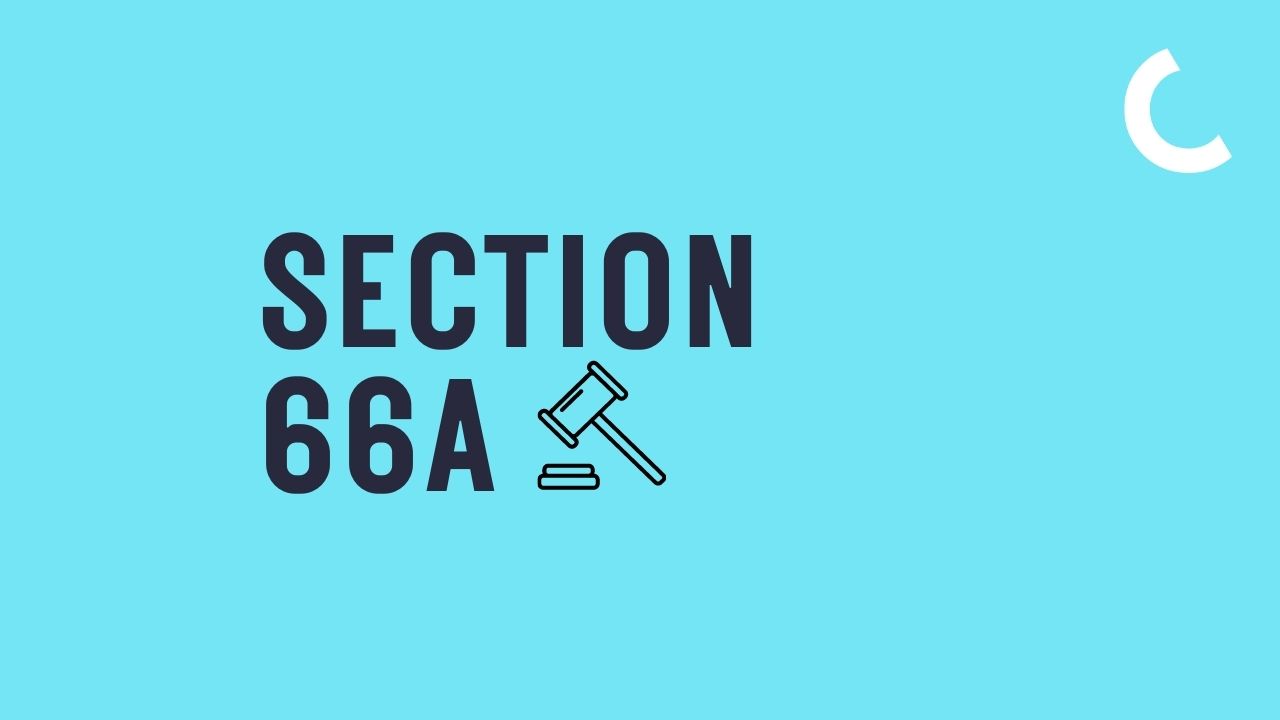The Supreme Court ordered that no citizen should be prosecuted under Section 66A of the IT Act 2000, which it had previously ruled to be unconstitutional in the Shreya Singhal case. On Wednesday, the Supreme Court expressed serious concern about the fact that people were still being charged under this provision.
A bench, headed by Chief Justice U.U. Lalit and comprising Justices S. Ravindra Bhat and Ajay Rastogi, said it needs no reiteration that Section 66A is found to be in violation of the Constitution and as such, no citizen can be prosecuted for violation of alleged offences under it.
Passing a slew of directions, the top court directed the Director General of Police (DGPs) and Home Secretaries of all state governments and competent officers in union territories to direct the police force not to register any complaint with respect to violation of Section 66A.
Centre’s counsel submitted a pan-India status report in connection with complaints under Section 66A. The bench said this suggested that despite the issue regarding the validity of Section 66A being dealt with in Shreya Singhal vs Union of India, a number of crimes and criminal proceedings still reflected the provision of Section 66A and citizens were still facing prosecution under the same.
It emphasised that, following the Shreya Singhal ruling, there could be no prosecution for violating Section 66A and that, if Section 66A were to be relied upon, it should be repealed. It was also stated that DGPs should ensure that police did not use Section 66A in any crimes.
Additionally, if Section 66A is cited in any official document, it must be noted that it has been removed.
The top court further stated that this directive should only be used in relation to Section 66A and that any other aspects of the crime that are the subject of further charges should not be eliminated.
Senior advocate Sanjay Parikh, representing the NGO People’s Union for Civil Liberties (PUCL), said that there are cases which are pending. The bench replied it can say that Section 66A should be removed.
The issue of Section 66A IT Act being invoked despite the top court’s ruling in the Shreya Singhal case was raised in a writ petition filed by PUCL that was being heard by the high court.
Even after the provision was ruled to violate both Articles 19 (free speech) and 21 (right to life) of the Constitution, cases under the harsh Section 66A, which allowed police to make “arbitrary arrests” and prosecute people for what they believed to be “offensive and offending” online posts, continued to be filed all over the nation.
In ruling on the PUCL’s plea, the bench stated that whenever Section 66A is cited in any publication—government, semi-government, or private—about the IT Act, readers must be adequately told that the supreme court has declared these sections to be unconstitutional.












































